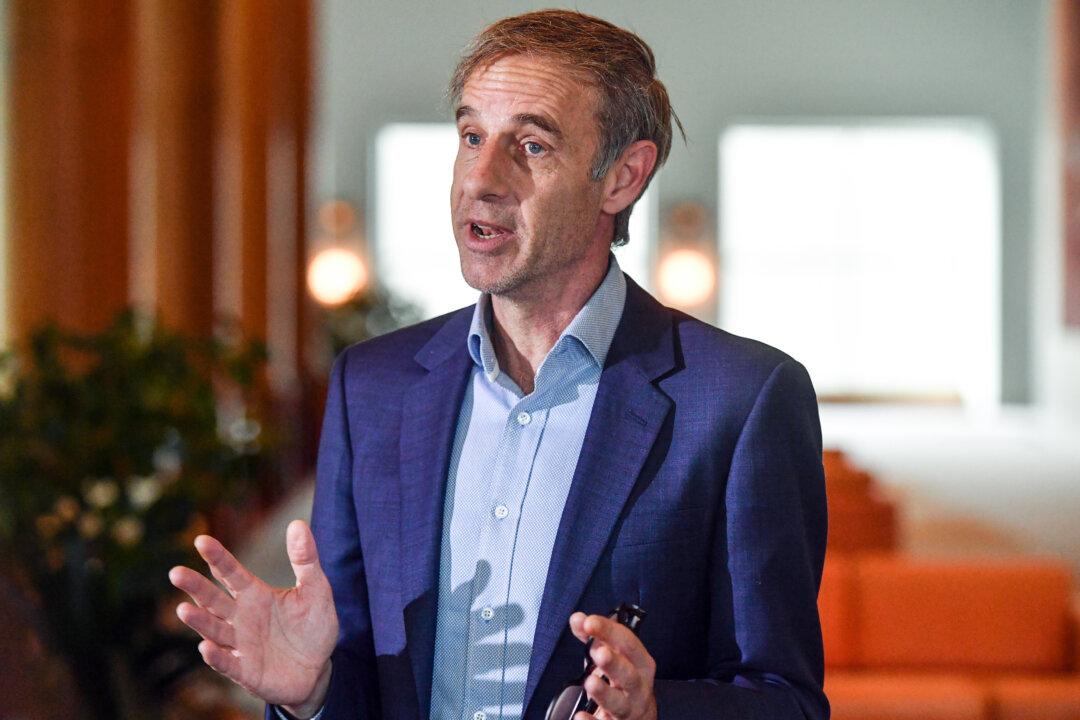Greens Senator Nick McKim has broken ranks with the climate lobby to call out their behaviour during negotiations over the federal government’s safeguard mechanism.
McKim, the Economic Justice and Treasury spokesperson for the Greens said emissions reductions would be significantly less under the mechanism but negotiations were hampered by the climate lobby.




